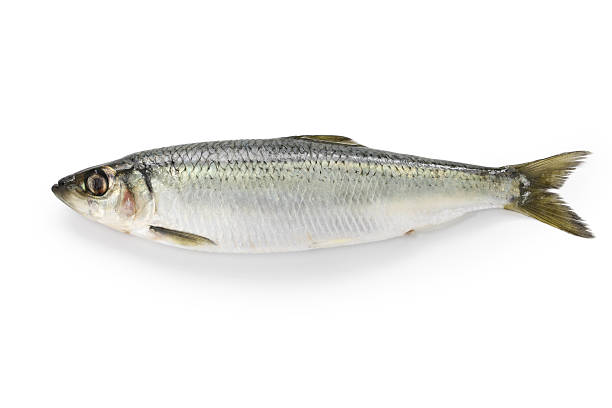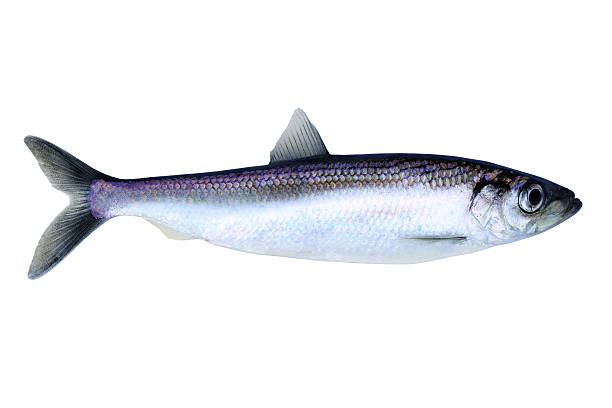Herring is a type of small fish that belongs to the Clupeidae family, which also includes other popular types of fish such as sardines and anchovies. These fish are known for their rich flavor and high nutritional value, making them a popular choice for many people around the world.
One of the main nutritional benefits of herring is its high protein content. Herring is an excellent source of high-quality protein, which is essential for building and repairing muscle tissue, as well as for maintaining overall health and well-being. In addition to protein, herring also contains a number of other important nutrients, including omega-3 fatty acids, vitamin D, and vitamin B12.
Omega-3 fatty acids are essential for maintaining heart health and reducing the risk of heart disease. They are also believed to be beneficial for reducing inflammation and improving brain function. Herring is one of the best sources of omega-3 fatty acids, providing more than 1,000 milligrams per 3-ounce serving. This is much higher than many other types of fish, making herring an excellent choice for people looking to increase their intake of these important nutrients.
Vitamin D is another important nutrient found in herring, which is essential for maintaining strong bones and teeth. It also plays a role in regulating the immune system and helping to prevent infections. Herring is one of the best sources of vitamin D, with a 3-ounce serving providing more than 100% of the daily recommended intake.
Vitamin B12 is also found in high concentrations in herring, and is essential for maintaining healthy red blood cells and for the proper functioning of the nervous system. A deficiency in vitamin B12 can lead to a number of health problems, including anemia and nerve damage.
In addition to its high nutrient content, herring is also relatively low in calories, making it a great choice for people trying to lose weight or maintain a healthy weight. It is also low in fat and cholesterol, making it a heart-healthy choice.
Herring is also a good source of minerals like Iron, Zinc, Phosphorus and Selenium and it’s a good source of Vitamin B6, and Niacin.
Herring can be prepared in a variety of ways, including grilling, baking, smoking, and pickling. It is often used in traditional dishes from around the world, and is a popular choice for sushi and sashimi. It can also be eaten raw, either as sushi or in the form of traditional Scandinavian dishes like gravlax and rollmops.
In summary, Herring is a delicious and nutritious fish that is packed with a wide range of essential nutrients, including protein, omega-3 fatty acids, vitamin D, and vitamin B12. It is also low in calories, fat, and cholesterol, making it a heart-healthy choice. Herring can be enjoyed in a variety of ways and can be a great addition to your diet if you are looking to increase your intake of essential nutrients while also enjoying a tasty and satisfying food.
It’s important to note that consuming fish regularly has been linked with many health benefits. However, some studies have shown that consuming fish that are high in mercury, such as tuna and swordfish, may have negative impacts on health. Eating a varied diet of fish and choosing fish that are lower in mercury, such as herring, can help minimize the risk of these negative effects. Additionally, pregnant women, breastfeeding women and young children should limit their intake of fish that are high in mercury and consume fish that are lower in mercury such as herring, to minimize risk.

 Home
Home Health
Health Diet & Nutrition
Diet & Nutrition Living Well
Living Well More
More












